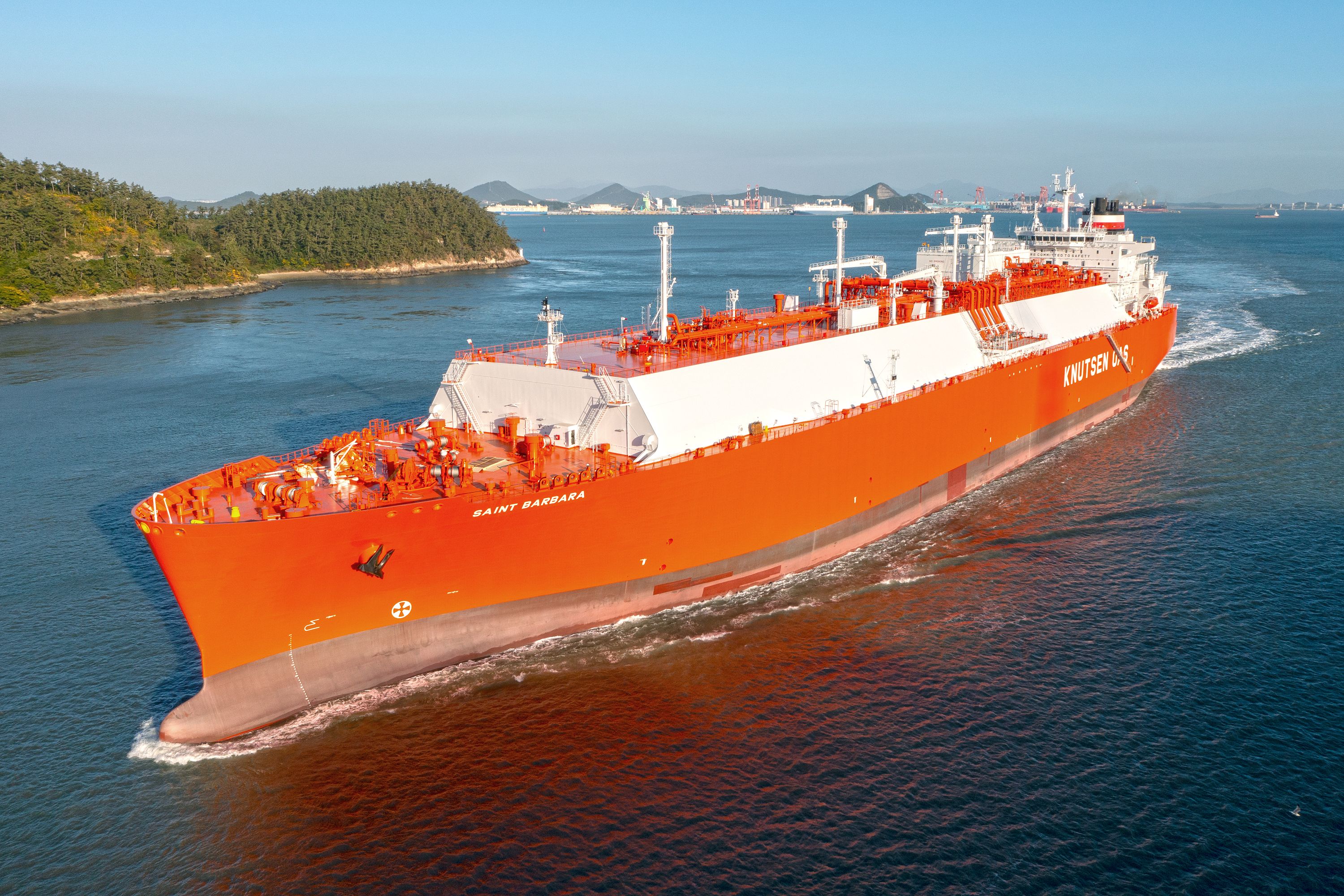South Korea’s Hanwha Group has joined forces with HMM and Korean Register (KR) to accelerate the development of carbon-free propulsion systems for commercial vessels, marking a significant step in South Korea’s effort to decarbonise its shipping sector.
The partnership, announced during KORMARINE 2025 in Busan, brings together four Hanwha affiliates: Hanwha Power Systems, Hanwha Ocean, Hanwha Aerospace and Hanwha Systems, with HMM, Korea’s largest shipping line, and KR, a leading classification society. The consortium will focus on developing next-generation propulsion technologies that combine ammonia gas turbines and fuel cells, aiming to enable zero-carbon operation across a range of vessel sizes.
Under the agreement, Hanwha will lead the technical development of propulsion systems integrating ammonia-fuelled gas turbines with fuel cells, as well as hybrid systems using batteries for smaller feeder vessels. HMM will provide operational validation through data gathered from its global fleet, while KR will ensure compliance with international safety and certification standards.
The new systems are being designed for 7,000- to 8,000-tonne vessels and smaller 2,000-tonne ships. The partners will jointly assess the commercial feasibility of these technologies, exploring new vessel concepts powered by carbon-free propulsion systems. Ammonia gas turbines generate electricity through the combustion of ammonia, while fuel cells produce power through electrochemical reactions that emit no carbon.
Hanwha said the collaboration would elevate South Korea’s shipbuilding and shipping industries to a new technological benchmark, combining Hanwha’s energy technology with HMM’s operational experience and KR’s technical oversight. The company’s progress in alternative propulsion has already been recognised by the American Bureau of Shipping, which recently granted approval-in-principle for retrofitting 174,000-tonne LNG carriers with ammonia gas turbine technology.
Kim Hyoung-seok, head of Hanwha Power Systems’ Maritime Solutions Division, said the ammonia-fuel cell hybrid system could become a new standard for decarbonising shipping. HMM’s head of maritime affairs, Kim Min-kang, described the initiative as a strategic response to the global shift towards clean transport, while KR’s senior vice president Yeon Kyu-jin highlighted the project’s role as a model of integrated industrial collaboration from research to certification.





